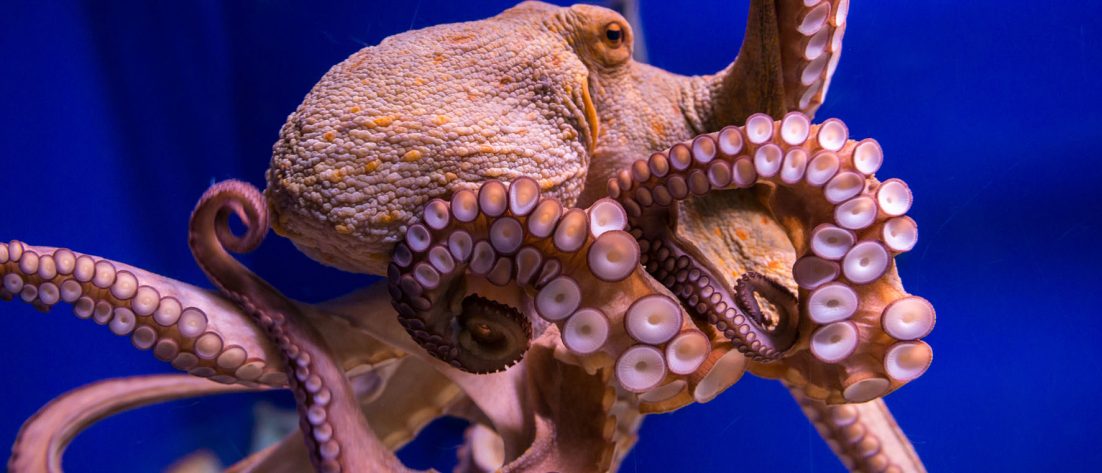Thinking about the unforgettable experience Tyler and I had with Nick Anderson on the Richest Men In Town podcast and there’s a lesson that I want to highlight for anyone who missed it. (You can catch it here by the way). Ready?
Ok kids, today’s word of the day is maka-feke. Say it with me…maka-feke. What is a maka-feke you might ask? Great question and an even better lesson. Check this out…
To make a long story short, maka-feke is a Tongan word that literally means “octopus lure”. They are strange-looking things made from a couple of shells, a large stone, and some twine. Tongan fisherman glide out over reefs in canoes and they dangle their maka-feke over the side of the boat. The octopus sees the maka-feke and instincts take over. The octopus lunges at it, thinking it is food, and exerts all of its force and strength to grasp the maka-feke. The octopus is so convinced that the maka-feke is real that it never lets go of the fake lure. Once an octopus grabs onto a maka-feke, the job of the fisherman is easy. He just pulls on the rope and flips the octopus into the boat.
I was fascinated the first time I learned about the maka-feke and I find myself making connections to the lesson behind them all the time as I reflect on my life. Here is the thing that I find amazing. So an average octopus is about 16 feet in length and weighs around 110 pounds. The maka-feke has no hook! The combination of a stone and a couple of seashells tied crudely together with some twine is so appealing that the octopus will grab on and never let go, making a hook completely unnecessary. All the octopus would have to do is realize that they fell for a fake and let go. If they would only let go, they would stay alive. Instead they find themselves clutching a counterfeit on the bottom of a fisherman’s boat. And bottom of a fisherman’s boat=someone’s dinner.
Hopefully you can see where I am going with this. We are not octopi/octopuses. On the contrary we are children of God, “and if children, then heirs” (Romans 8:17). And the majority of us are cognitively much more developed than an octopus, right? So why do we all find ourselves sometimes falling for the same trick? How many times have we latched onto something that is a counterfeit to the real thing? Satan’s temptations are always cheap knockoffs to what God offers. Lust for love, pleasure for joy, self-serving for selfless service, shortcut for process…And the whole time we are feeling captured, the power is in us to “let go”.
This life is about acting and not being acted upon. Let’s be wise and grab onto what’s real. Let’s let go of those things that are sinister and designed to harm ourselves and those that we love all around us. Just as important, if we see others lunging at the fake to meet real needs, let’s warn them and keep everyone out of the fisherman’s boat.
Nick’s story teaches us all the importance of abandoning those artificial traps and committing to truth. To Nick, and to all of our RMIT friends, thank you being powerful teachers. Let’s be better students and apply these things to live our lives like the “richest men in town”.







